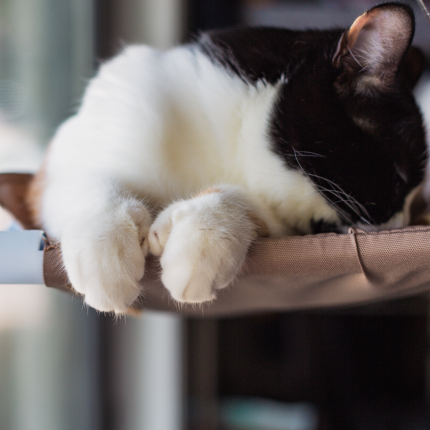Signs Your Cat Misses You
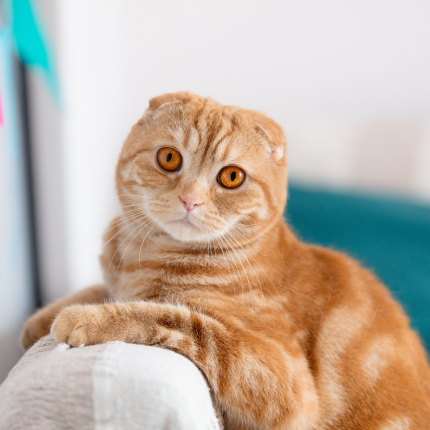
For dog lovers, deciphering their furry friend’s emotions might seem straightforward—wagging tails, wet kisses, and bounding excitement are telltale signs of joy. However, understanding the inner workings of our feline companions can be a bit more challenging. Cats are known for their subtle nature, often hiding their feelings behind a veil of dignity and independence. But do cats miss their owners when they’re away? And how can you tell if your cat is longing for your return? Let’s explore signs of feline woe and ways to alleviate separation anxiety.
They Welcome You
Upon returning home from an extended absence, pay attention to how your cat greets you. While dogs may shower their owners with excited affection, cats tend to be more understated. If you’re met with a kitty rubbing against your legs and following you around, it’s a clear indication that they’ve missed you.
Increased Purring
Notice any changes in your cat’s behavior when you return home. Extra purring and stretching are subtle but significant signs that your cat is happy to see you. Return the affection by giving them some well-deserved pets.
Destructive Behavior
Cats may sometimes exhibit destructive behaviors when they miss their owners. This could include pooping outside the litter box, knocking over objects, or excessive scratching. While not always a sign of separation anxiety, it’s essential to monitor these behaviors and consider their context.
Physical Symptoms
Just like humans, cats can experience physical symptoms when stressed or anxious. If your cat isn’t accustomed to your absence, they may become physically ill or develop digestive issues. While you can’t predict these symptoms, looking out for them is important.
Agitation and Depression
Watch for signs of agitation, unfriendly behavior, or extended periods of solitude. Additionally, symptoms of depression, such as lethargy, loss of appetite, and excessive meowing, may indicate that your cat is struggling with your absence.
Restlessness and Jumpiness
Restlessness, increased vocalization, and jumpy behavior are common signs of separation anxiety in cats. If your cat seems on edge or startled by familiar noises, it may be a sign that they’re missing your presence.
Hiding
Some cats may seek refuge in secluded spots when feeling scared or unhappy. While hiding alone isn’t necessarily cause for concern, monitor your cat’s behavior for other signs of distress.
Reduced Appetite
A reduced appetite can be a symptom of feline separation anxiety, but it’s essential to consider other potential causes. If you’re concerned about your cat’s eating habits, consult with a veterinarian for guidance.
While cats may not express their emotions as overtly as dogs, they can still experience separation anxiety when their owners are away. Understanding the signs of feline longing and taking steps to alleviate their distress can ensure that your cat feels safe, secure, and loved—even in your absence.

Featured Articles
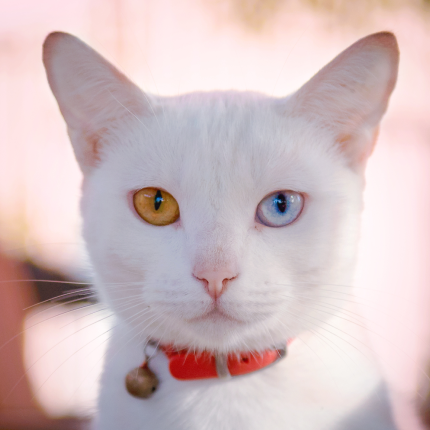
The Odd-Eyed Cat (AKA Heterochromia)
Cats are already beautiful and fascinating creatures, but people are bound to take notice when they have something as captivating as two different colored eyes. Odd-eyed cats always have one blue eye paired with either a green, yellow, or brown eye. This form of heterochromia occurs in other animals, including…
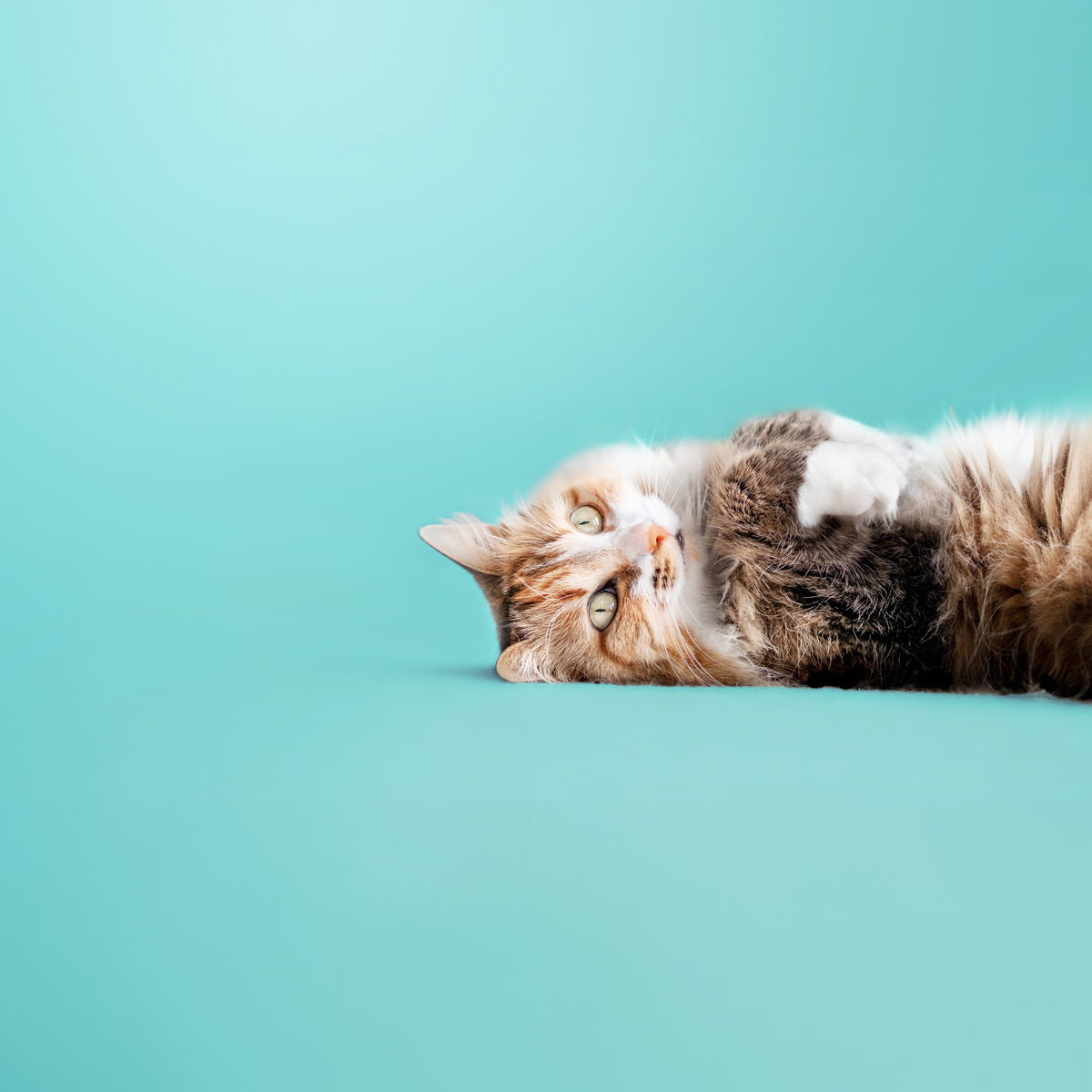
Why Do Cats Roll Over Into Their Backs But Not Let You Touch Their Bellies?
It’s common knowledge dogs love to have their tummies rubbed when they freely lay down before you and roll onto their backs. But, if you’re also familiar with cats, you know that when they roll onto their backs with their bellies exposed, rubbing the belly will most likely result in…
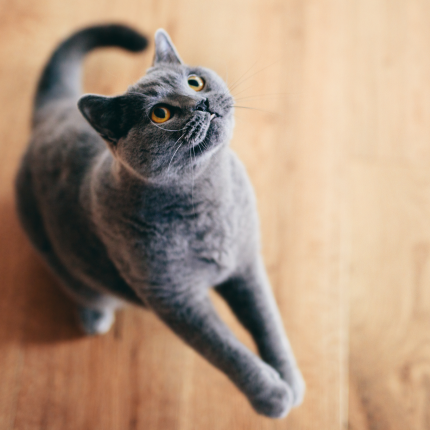
Greebles and Cats: The Origin and the Meaning
You may have seen an internet sensation concerning cats labeled “greebles.” Feel out of the loop? We’re here to help you. In 2019, Reddit user /user/literallyatree commented on a Reddit post about a cat that looks like it’s trying to slap a ghost. This user commented: “My family calls things…
